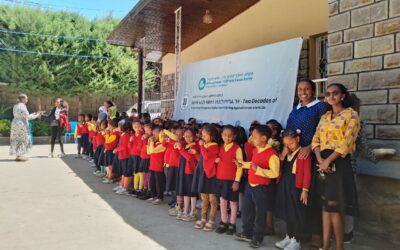What is Cancer?

Understanding Cancer
Cancer is a complex and multifaceted disease that affects millions of people worldwide, causing significant morbidity and mortality. Understanding the intricacies of cancer is crucial for both patients and the general public. Cancer is characterized by uncontrolled cell growth and the ability to invade surrounding tissues. It can originate in any part of the body and be classified into various types based on the cells involved. Causes of cancer can be attributed to genetic factors, environmental exposures, lifestyle choices, and infectious agents. Symptoms of cancer vary depending on the type and stage of the disease, but common signs include unexplained weight loss, persistent fatigue, pain, and changes in bowel habits. Diagnosis typically involves a combination of imaging tests, blood work, and tissue biopsies. Treatment options for cancer include surgery, chemotherapy, radiation therapy, targeted therapy, immunotherapy, and palliative care. The field of cancer research continues to advance, providing hope for better understanding, prevention, and treatment of this challenging disease.

Types of Cancer
A Comprehensive Overview
One of the most common types of cancer is breast cancer, which primarily affects the breast tissue in women but can also occur in men. Lung cancer is another prevalent form of the disease, often associated with smoking and exposure to environmental toxins. Colorectal cancer affects the colon or rectum and is more common in older adults. Prostate cancer is exclusive to males and occurs in the prostate gland, a part of the male reproductive system.
Skin cancer comprises various types, including melanoma, basal cell carcinoma, and squamous cell carcinoma, with risk factors such as UV exposure and genetic predisposition. Leukemia is a type of cancer that affects the blood and bone marrow, leading to abnormal blood cell production. Lymphoma targets the lymphatic system, which plays a crucial role in the body’s immune response. Brain tumors can be either primary, originating in the brain, or metastatic, spreading from cancer in other parts of the body.
Other types of cancer include ovarian cancer, pancreatic cancer, cervical cancer, kidney cancer, liver cancer, and bladder cancer, each with its own set of risk factors, symptoms, and treatment approaches. Early detection through screening programs, genetic testing, and symptom awareness is crucial for improving outcomes and survival rates in individuals diagnosed with cancer.
In conclusion, the diversity of cancer types underscores the complex nature of the disease and the importance of personalized approaches to diagnosis and treatment. By raising awareness, promoting preventive measures, and advancing research efforts, we can continue to make strides in the fight against cancer and improve the quality of life for those affected by this challenging condition.

The Impact of Cancer on Individuals and Society Description
Cancer’s impact extends far beyond the individual diagnosis, profoundly affecting not only the person with cancer but also their loved ones, caregivers, and society as a whole. Emotionally, the battle with cancer can cause fear, anxiety, depression, and feelings of isolation, impacting both the patient and their support network. Physically, cancer and its treatments can lead to debilitating symptoms such as pain, fatigue, nausea, and changes in appearance, challenging the individual’s quality of life. Financially, the cost of cancer care, including treatments, medications, and supportive services, can be overwhelming and burdensome for patients and their families. Moreover, the societal impact of cancer includes healthcare system strain, economic burden, and public health implications, underscoring the need for increased awareness, research, and support services. By sharing stories of resilience, highlighting the importance of mental health support, and advocating for comprehensive cancer care, we can better address the holistic impact of cancer on individuals and society.

Prevention and Awareness
Cancer is a complex and multifaceted disease that affects millions of people worldwide, causing significant morbidity and mortality. Understanding the intricacies of cancer is crucial for both patients and the general public. Cancer is characterized by uncontrolled cell growth and the ability to invade surrounding tissues. It can originate in any part of the body and be classified into various types based on the cells involved. Causes of cancer can be attributed to genetic factors, environmental exposures, lifestyle choices, and infectious agents. Symptoms of cancer vary depending on the type and stage of the disease, but common signs include unexplained weight loss, persistent fatigue, pain, and changes in bowel habits. Diagnosis typically involves a combination of imaging tests, blood work, and tissue biopsies. Treatment options for cancer include surgery, chemotherapy, radiation therapy, targeted therapy, immunotherapy, and palliative care. The field of cancer research continues to advance, providing hope for better understanding, prevention, and treatment of this challenging disease.

Prevention and Awareness
Cancer is a complex and multifaceted disease that affects millions of people worldwide, causing significant morbidity and mortality. Understanding the intricacies of cancer is crucial for both patients and the general public. Cancer is characterized by uncontrolled cell growth and the ability to invade surrounding tissues. It can originate in any part of the body and be classified into various types based on the cells involved. Causes of cancer can be attributed to genetic factors, environmental exposures, lifestyle choices, and infectious agents. Symptoms of cancer vary depending on the type and stage of the disease, but common signs include unexplained weight loss, persistent fatigue, pain, and changes in bowel habits. Diagnosis typically involves a combination of imaging tests, blood work, and tissue biopsies. Treatment options for cancer include surgery, chemotherapy, radiation therapy, targeted therapy, immunotherapy, and palliative care. The field of cancer research continues to advance, providing hope for better understanding, prevention, and treatment of this challenging disease.

Prevention and Awareness
Cancer is a complex and multifaceted disease that affects millions of people worldwide, causing significant morbidity and mortality. Understanding the intricacies of cancer is crucial for both patients and the general public. Cancer is characterized by uncontrolled cell growth and the ability to invade surrounding tissues. It can originate in any part of the body and be classified into various types based on the cells involved. Causes of cancer can be attributed to genetic factors, environmental exposures, lifestyle choices, and infectious agents. Symptoms of cancer vary depending on the type and stage of the disease, but common signs include unexplained weight loss, persistent fatigue, pain, and changes in bowel habits. Diagnosis typically involves a combination of imaging tests, blood work, and tissue biopsies. Treatment options for cancer include surgery, chemotherapy, radiation therapy, targeted therapy, immunotherapy, and palliative care. The field of cancer research continues to advance, providing hope for better understanding, prevention, and treatment of this challenging disease.
Cancer centers, Ethiopia
 Survivor Stories: Triumph and Hope
Survivor Stories: Triumph and Hope
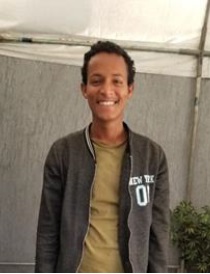
Surviving Blood Cancer: Alehegn Bitew's Heartening Journey of Hope and Healing with MWECS's Support
Nine years ago, Alehegn Bitew was diagnosed with blood cancer after discovering a small lump on his thigh. As he began treatment at Tikur Anbessa Hospital, Alehegn and his father faced financial difficulties due to the cost of medical care and the impact of his father’s absence on the family’s farming livelihood. With limited resources and diminishing hope of recovery, they were referred to the society’s psychosocial center for support. Through the center, they received shelter, food, psychosocial assistance, and full coverage of medical expenses, enabling Alehegn to continue his treatment without financial burden. Despite challenges such as missed appointments due to family misconceptions about his health status, the society provided transportation and emotional support, ensuring Alehegn’s continuity of care. Now 21 years old, Alehegn is in good health, receiving checkups every six months and no longer requiring medication. Thanks to the society’s comprehensive support, his treatment was sustained, and his family’s financial stability was preserved.
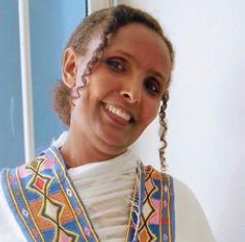
Surviving Breast Cancer: Senait Werku's Journey to Recovery with Support from Mathiwos Wondu-YeEthiopia Cancer Society
Senait Werku, a mother of two residing in Addis Ababa, faced a challenging diagnosis six years ago when she discovered a lump on her breast, later confirmed to be breast cancer. Following surgery at Tikur Anbessa Hospital, she was advised to undergo chemotherapy and medications. However, the unavailability and cost of these treatments made it impossible for her to continue. In a pivotal moment, Tikur Anbessa Hospital referred Senait to the Mathiwos Wondu-YeEthiopia Cancer Society. At the society’s psychosocial center, Senait received comprehensive support, with her medical expenses, laboratory tests, diagnostics, and treatment fully covered, in addition to psychological assistance. Today, Senait has fully recovered and is able to care for her children without the burden of worrying about her health, thanks to the assistance and care provided by Mathiwos Wondu.
Tariku Who Is A Childhood Cancer Survivor
Tariku Taye, a 7-year-old boy from Bedele town in the Oromia region, was faced with a daunting diagnosis of leukemia after experiencing severe fatigue. Initially misdiagnosed with anemia, Tariku’s condition worsened, leading to his referral to Tikur Anbessa Hospital where cancer was identified. Despite his parents’ efforts, their economic struggles forced them to discontinue Tariku’s treatment, prompting a referral to the Mathiwos Wondu-YeEthiopia Cancer Society (MWECS) for support. At the society’s psychosocial center, Tariku and his father received much-needed assistance, including shelter, food, psychosocial support, and full coverage of medical expenses. With the society’s support, Tariku was able to continue his treatment and pursue his education uninterrupted, excelling academically. Now 16 years old, Tariku maintains good health with regular checkups, a testament to the invaluable psychosocial support he received at MWECS, which played a vital role in his survival and well-being.
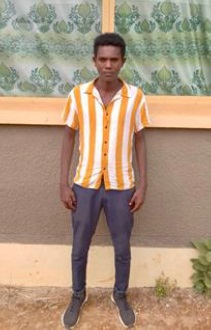
Latest Update
Strengthening Capacity for Lung Cancer Control: Phase II Project Conducts Key Training Sessions
Strengthening Lung Cancer Diagnosis and Control in Ethiopia; As part of the ongoing efforts under the Phase II Multinational Lung Cancer Diagnosis and Control Project, two comprehensive training and orientation sessions were conducted to enhance the capacity of...
Happy Easter 2025
✨ Supporting Our Community with Compassion and Generosity ✨
On March 14, 2025 (መጋቢት 5, 2017 ዓ.ም), Grade 2 students from ቀኛዝማች አንዳርጌ ወ/ጊዮርጊስ Memorial School visited the Phangasile Psychosocial Support Center to spend quality time with patients and extend their support. During their visit, the students engaged with patients,...
Partners

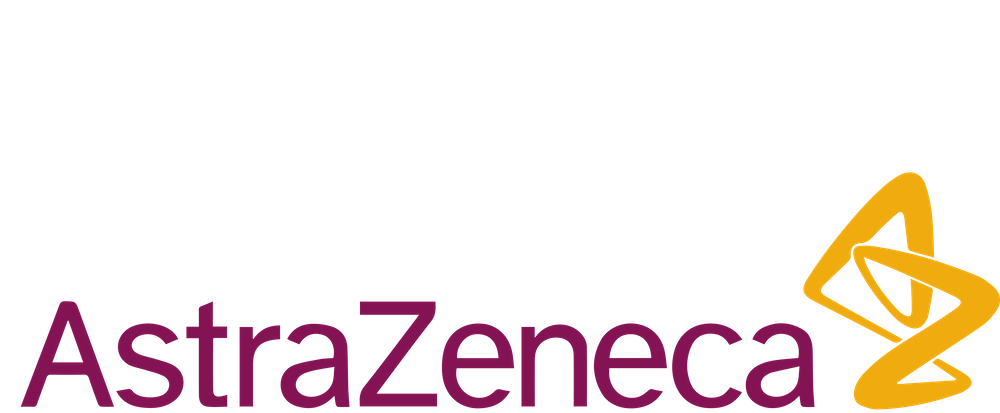
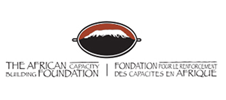




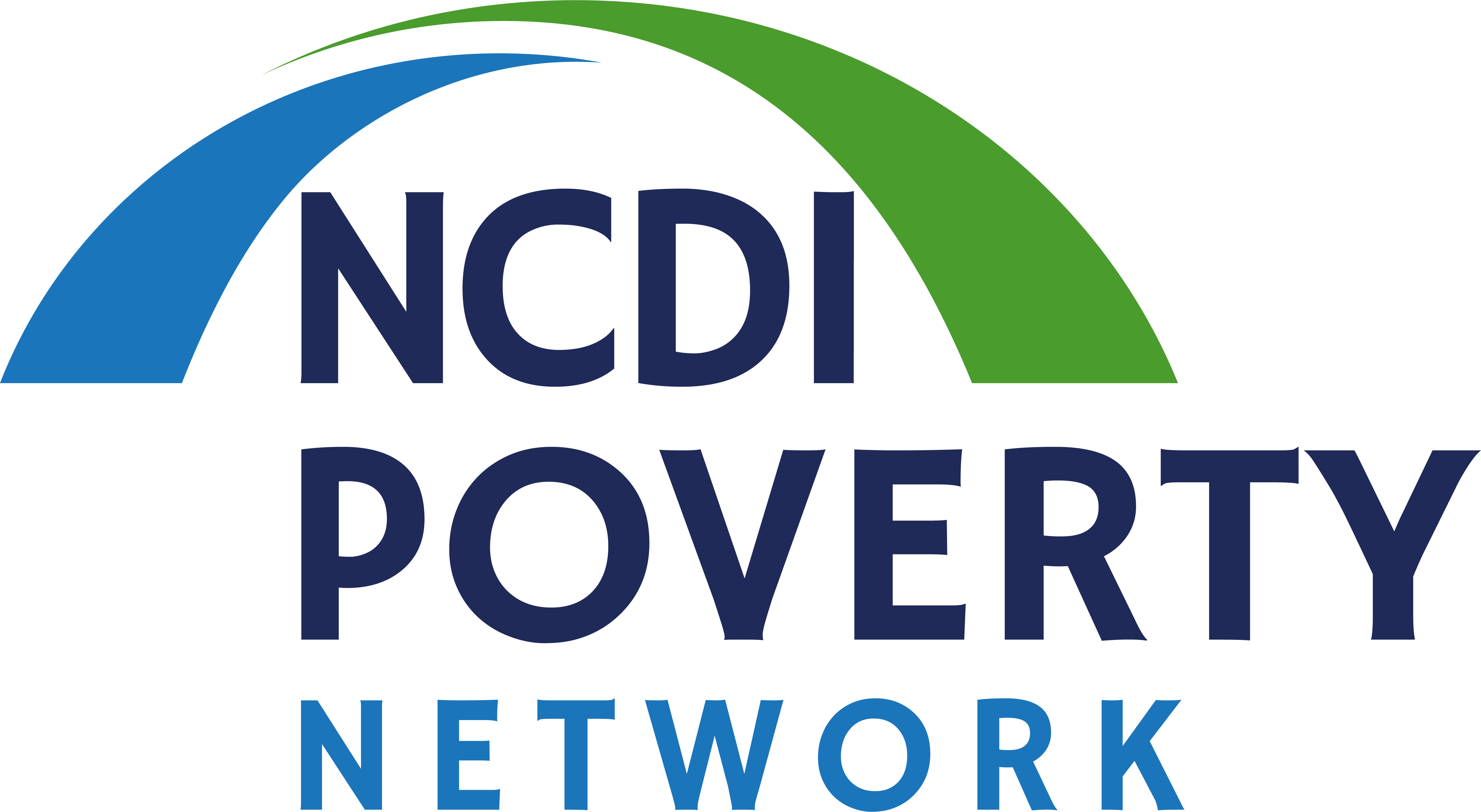
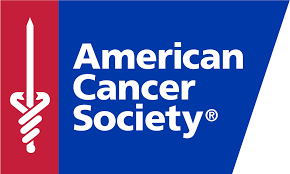



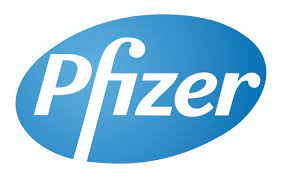


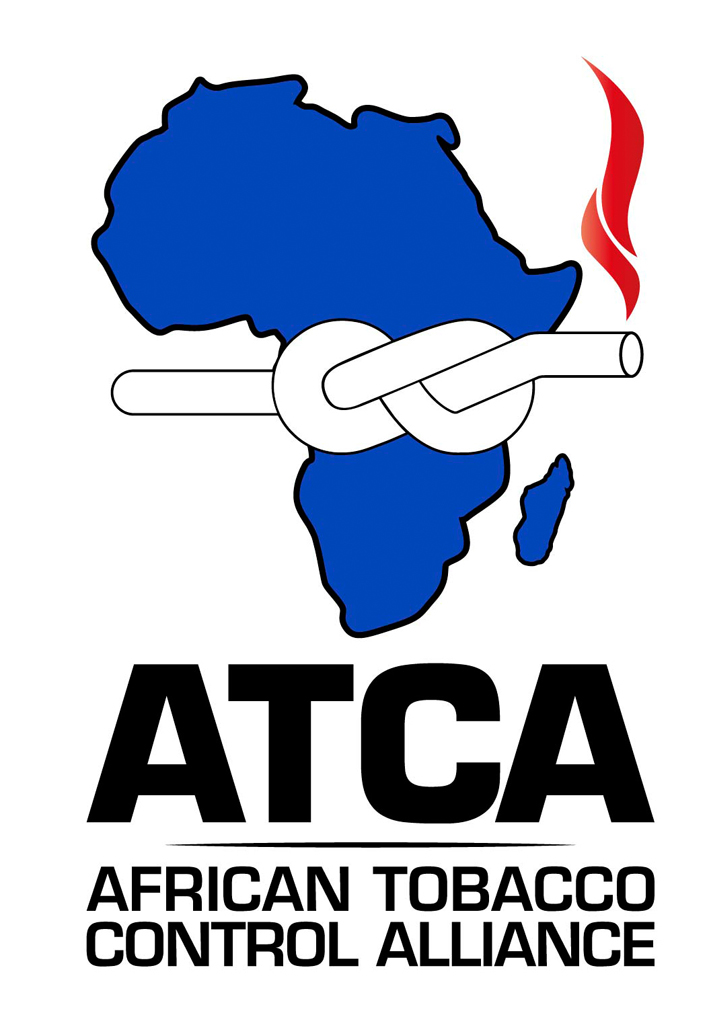
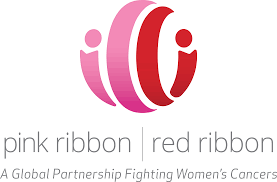
for sure, we together will make a difference for a better tommorrow.
We


